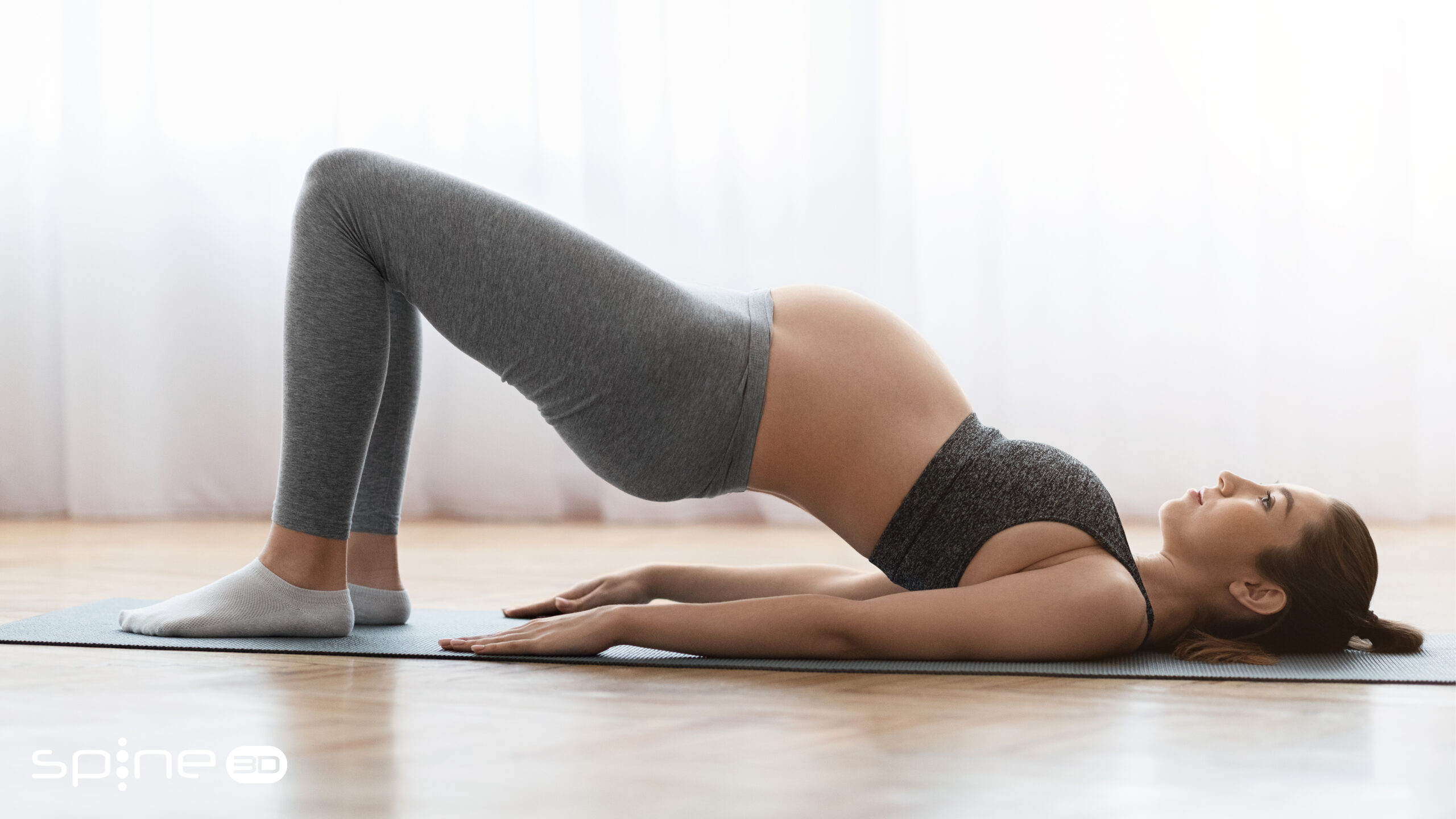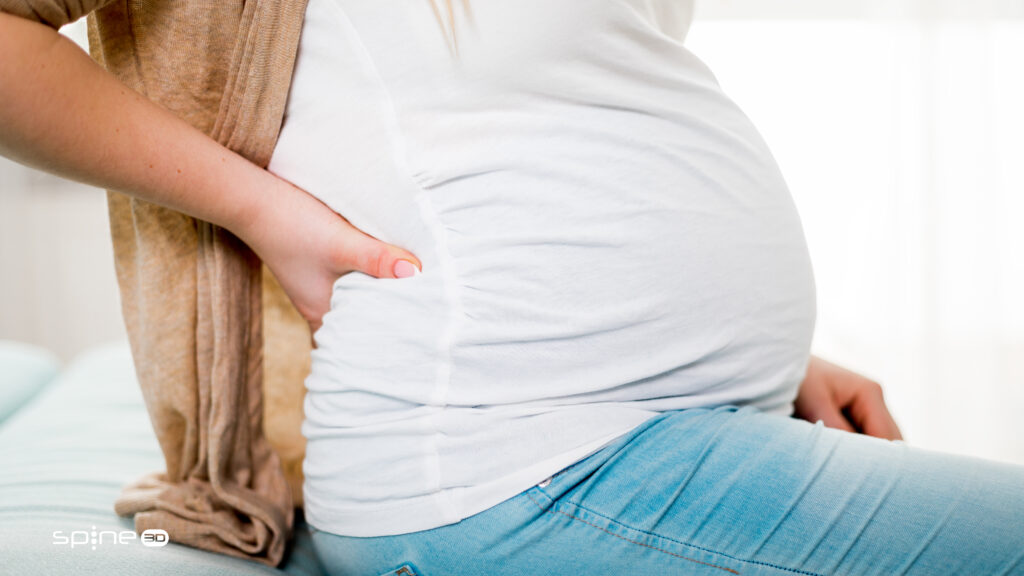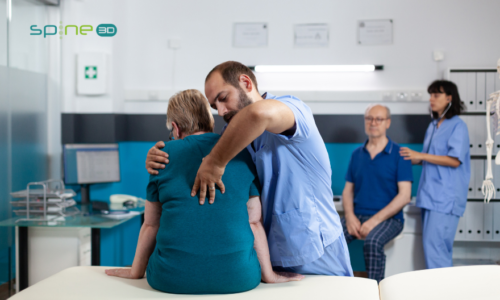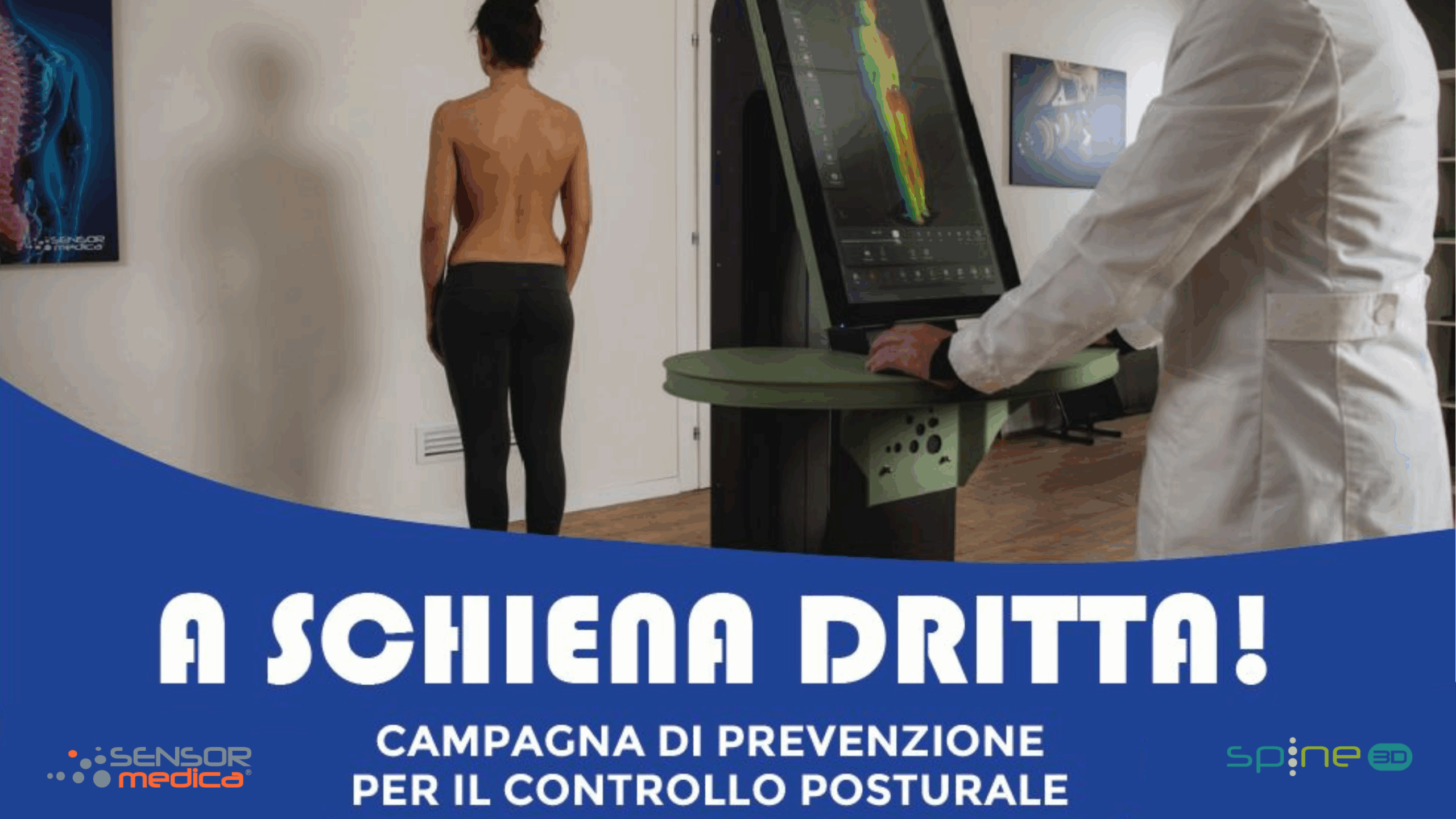
Cervical pain in pregnancy: what can we do?
A problem, that of cervical pain, which affects a very high number of women during pregnancy. The body undergoes great changes in nine months that bring discomfort and pain. Let’s find out how we can cure or prevent cervical pain.
What are the causes of cervical pain in pregnancy?
As we have already mentioned, a woman’s body undergoes many changes during the nine months of pregnancy, to adapt to the presence of a growing baby that transforms the balance of the body. Let us see in detail what happens:
- The woman’s belly increases in volume and moves downwards, with a consequent pulling of the diaphragm, which inevitably leads to an increase in tension at the level of the neck muscles being, the diaphragm, connected to the first cervical vertebrae.
- During these long nine months, the woman’s body releases several specific hormones to help relax the ligaments throughout the body. Again, we speak of an adaptive transformation, as more flexible ligaments, muscles and joints create space for the growing baby. The back and cervical area consequently bear additional weight, which, together with a marked change in the centre of gravity, creates stresses in the back and neck.
- Stress that, with increasing weight and greater strain on the muscles, has repercussions on the entire body, including the neck, with a posture that is, among other things, often incorrect, a consequence of an undulating spine and a prominent belly.
- Sleep problems and the inability to find a comfortable position also affect cervical pain, with muscular stiffening that, especially early in the morning, is felt right at neck level.
Cervical pain in pregnancy: symptoms

Recognising the symptoms of cervical pain is certainly not difficult, but here is a short list of indications for recognising the problem and dealing with it in time:
Muscle pain. Excessive use of the neck or holding the same position for too long can cause muscle pain. Posture has a great influence on this type of pain.
Neck spasms. We are talking about an uncontrolled and sudden tightening of the neck muscles.
Headaches. A pain that in this case is confined to the back of the head and radiates down the neck, right into the cervical area.
Pinched nerve. A pinched spinal nerve can cause pain in the neck, which can be sharp and can give an unpleasant tingling sensation that can reach the arms and hands.
Cervical pain in pregnancy: how to deal with it
Obviously, the use of drugs, even simple painkillers, is strongly discouraged during pregnancy, as should the use of electro-medical devices. It therefore becomes important to rely on medical specialists (physiotherapists) who can give advice and help overcome the problem by performing targeted manual manoeuvres.
How can I relieve pain or prevent it?
Stretching. Perform exercises to loosen contracted muscles, tilting the head to one side, without raising the shoulders: hold the position for about three seconds, inhaling slowly. The convenience of this exercise is that it can be done anywhere, at home or when out and about.
Warm water. Relax the neck muscles with an intense shower (or bath in the tub) with warm water.
Posture. While standing, we should try not to bend our shoulders forward, but keep our back as straight as possible, with our shoulders pulled back.
Pillow. Resting well is essential and a pillow that can support us properly is very useful, to relax the back and neck muscles.
Massage. In this case, rely on a professional. A good massage relaxes the muscles and relieves tension, and thus also pain.
How Spine 3d can help you
The advantage of Spine 3d technology (Sensor Medica) is its absolute safety, thanks to a non-invasive system that protects the patient. If pain persists with Spine 3d you can perform a check-up in complete safety, for you and your child.







